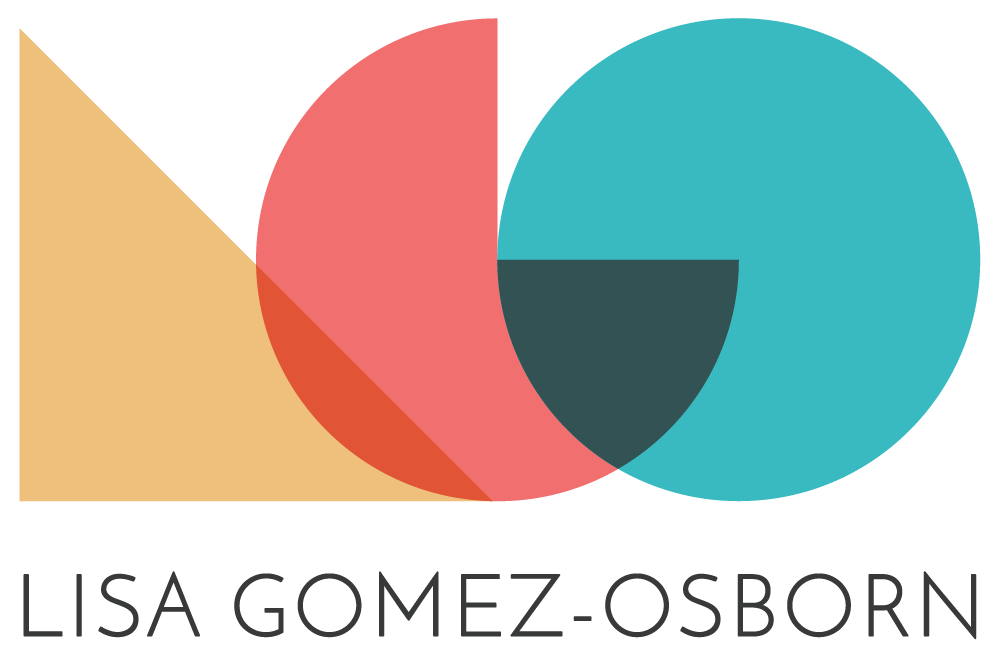Identifying Low E.Q. Skills in Your Leadership Team
Tammy is your direct report and Michelle is Tammy’s direct report. Michelle decides to come directly to you instead of Tammy with an issue. You can “hear” in Michelle’s voice that she’s upset. You go there. You say to Michelle, hey it sounds like you’re really upset...tell me what’s going on. So she does. She tells you that she wants out of her current role and if you don't help her find something else in your department she’s going to look outside for other opportunities.
One obvious problem is that Tammy’s direct report is coming to you to solve a problem which is high in emotion and importance to Michelle. There are several operational problems in this scenario, but for today’s topic we’ll focus on the development of Tammy’s E.Q. and ultimately the effectiveness of her leadership.
As Tammy’s leader, the first key question you should ask yourself in this scenario is why Michelle came to you instead of her direct supervisor, Tammy? So you ask Michelle this question right away. Michelle tells you that she did talk to Tammy early that day. Aha! Now what do you know? You know Michelle didn’t get what she needed in her conversation with Tammy. So, what did Michelle need?
Before we discuss the answer to this question, here are a few other clues to consider. Michelle’s upset and starts crying. She’s not the kind of employee who’s known for drama and this is outside of her normal behavior so you’re surprised by her high emotions and that she’s coming to you. So, being the high E.Q. leader you are, you lean in and say this sounds really important can you tell me more?
And that’s it. Now you have all the clues you need to uncover where Tammy has a need for leadership development and growth.
Tammy’s leadership skills are the true problem in this scenario. Yes, Michelle hates her job and is upset, but that’s only a small part of your challenge. The greater insight for you as a leader is to recognize that Tammy did not have the skill set needed to meet the emotional, and relational needs of her direct report.
There are 3 E.Q. skills in this scenario which stand out and tell us exactly where to focus when coaching Tammy to become a higher level leader.
Empathy - recognizing, understanding, and appreciating how other people feel. Being able to effectively articulate your understanding of another’s perspective.
Interpersonal Relationships - the skill of developing and maintaining mutually satisfying relationships characterized by trust and compassion.
Problem Solving - the ability to find solutions to problems in situations where emotions are involved.
You know that Tammy needs to grow her empathy or attunement E.Q. skill set because she missed how upset Michelle was and therefore couldn’t have articulated effectively an understanding of Michelle’s perspective.
Tammy also needs to grow her interpersonal E.Q. skill set because Michelle didn’t trust Tammy to be concerned enough about her feelings regarding her situation.
Lastly, you know Tammy needs to grow her problem solving E.Q. skill set because she didn’t want to, or was unable to, move through solving a problem effectively while Michelle was emotional.
Identifying and addressing your leader’s E.Q. skills that need to be developed will help you build high performing leaders who can meet the relational and functional needs on your team and within your culture.

